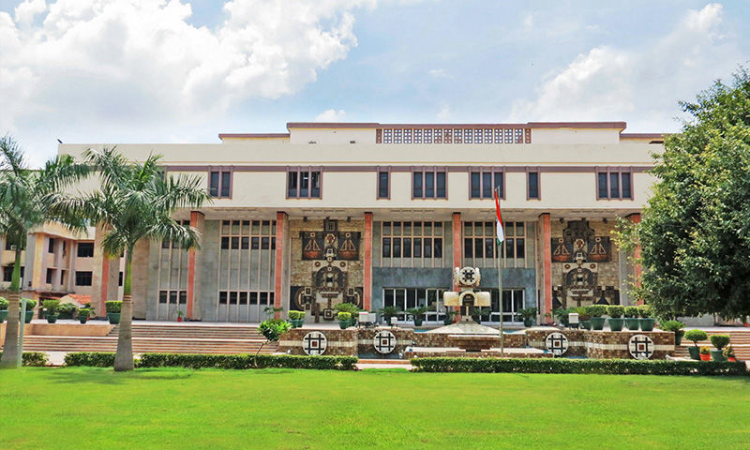Article 226 | Court Cannot Re-Appreciate Evidence Already Considered By Departmental Authorities: Delhi High Court
Padmakshi Sharma
2 Aug 2022 10:45 AM IST

Court can't go into proportionality of punishment unless it shocks the conscience.
Next Story
2 Aug 2022 10:45 AM IST
